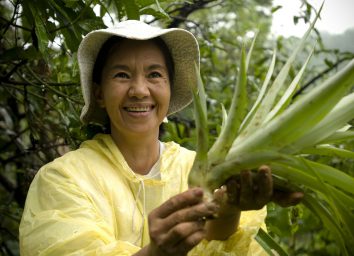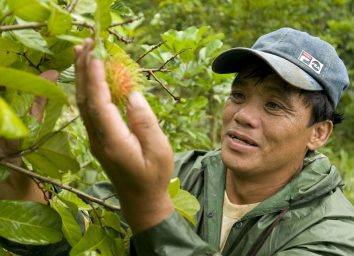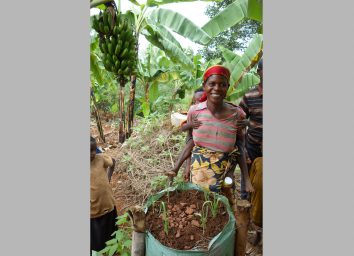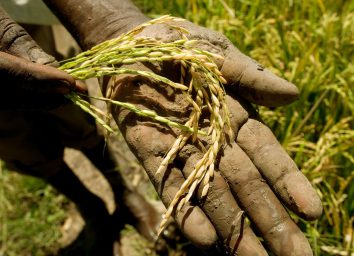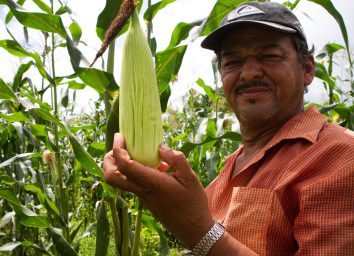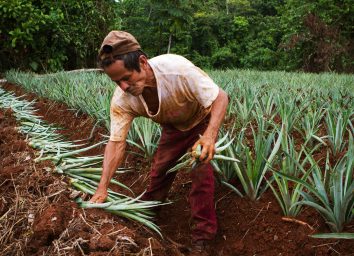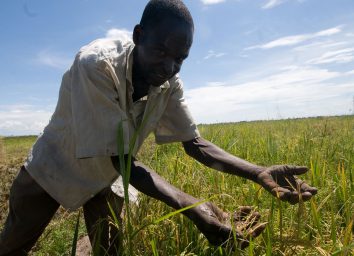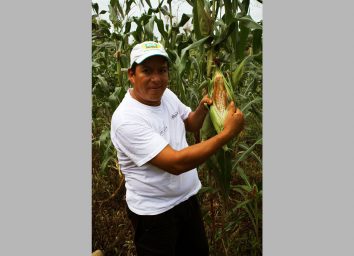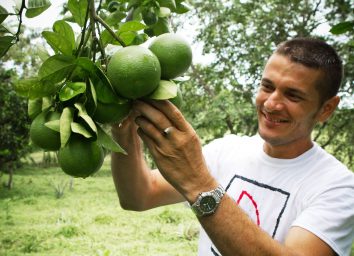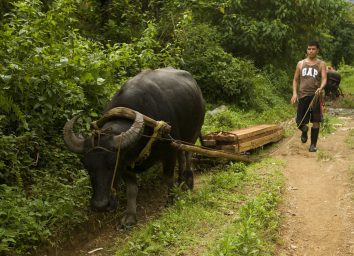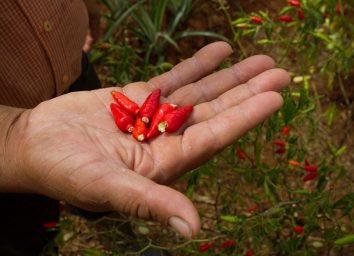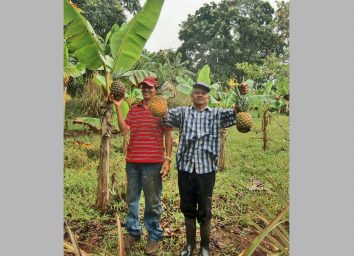See stories of transformation, hope and love come to life through our photo gallery. These images capture the heart of our work—communities coming together, lives being transformed and hope in action. Please note: All photos are ©2008-2025 by Episcopal Relief & Development. Images downloaded for print or web publication should be used to promote our programs. Any other use requires written consent by emailing communications@episcopalrelief.org. Unless otherwise specified, all photos must include this credit: photo courtesy of Episcopal Relief & Development.

